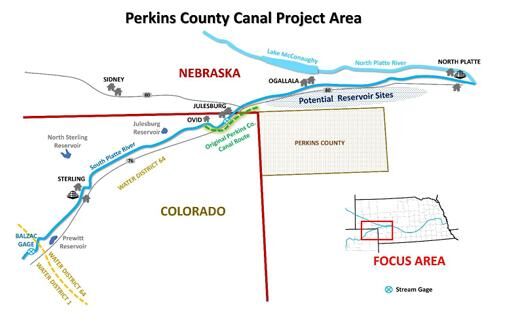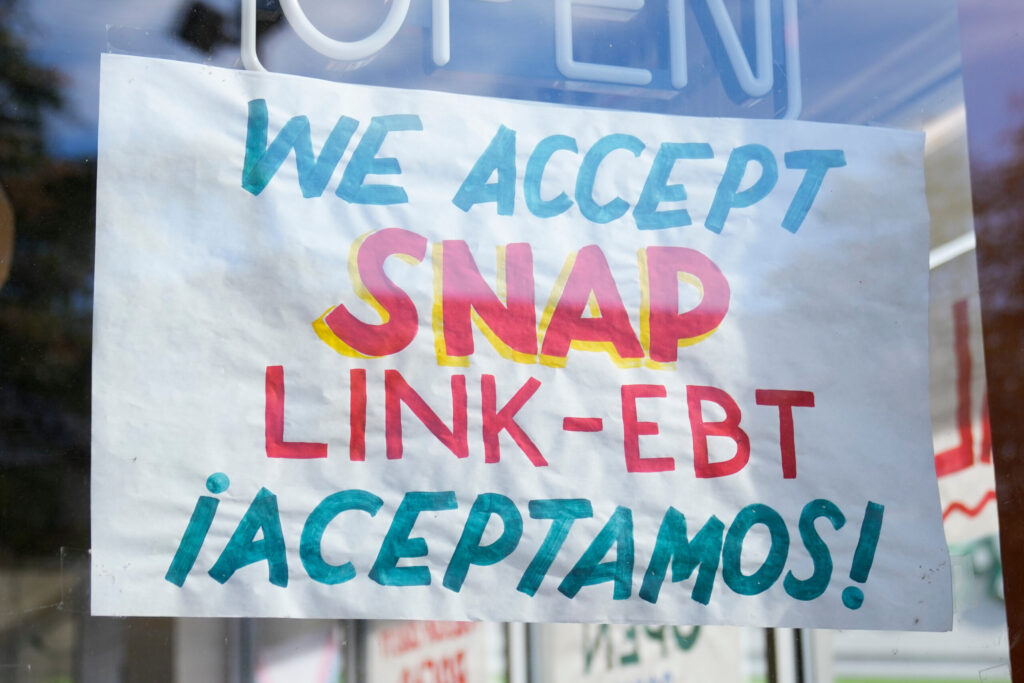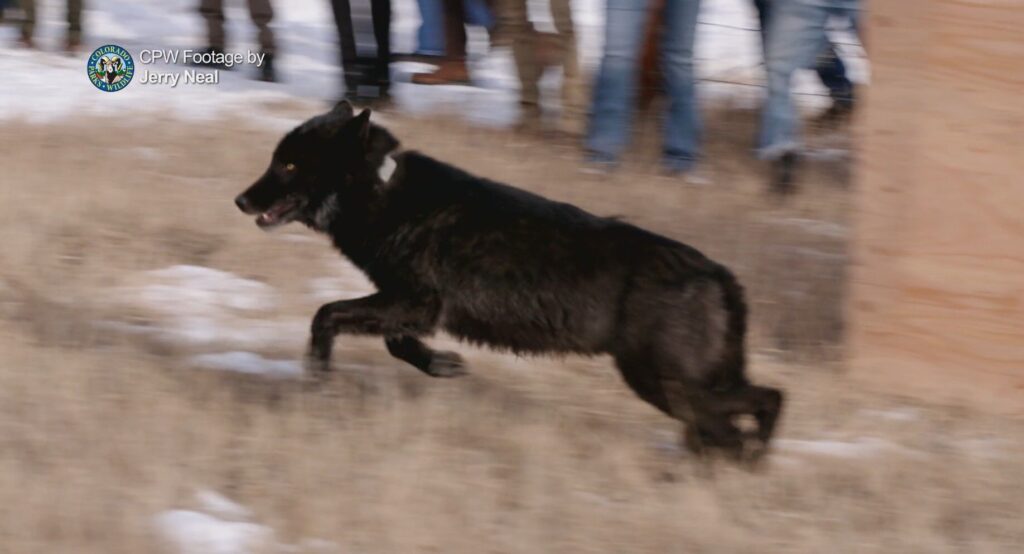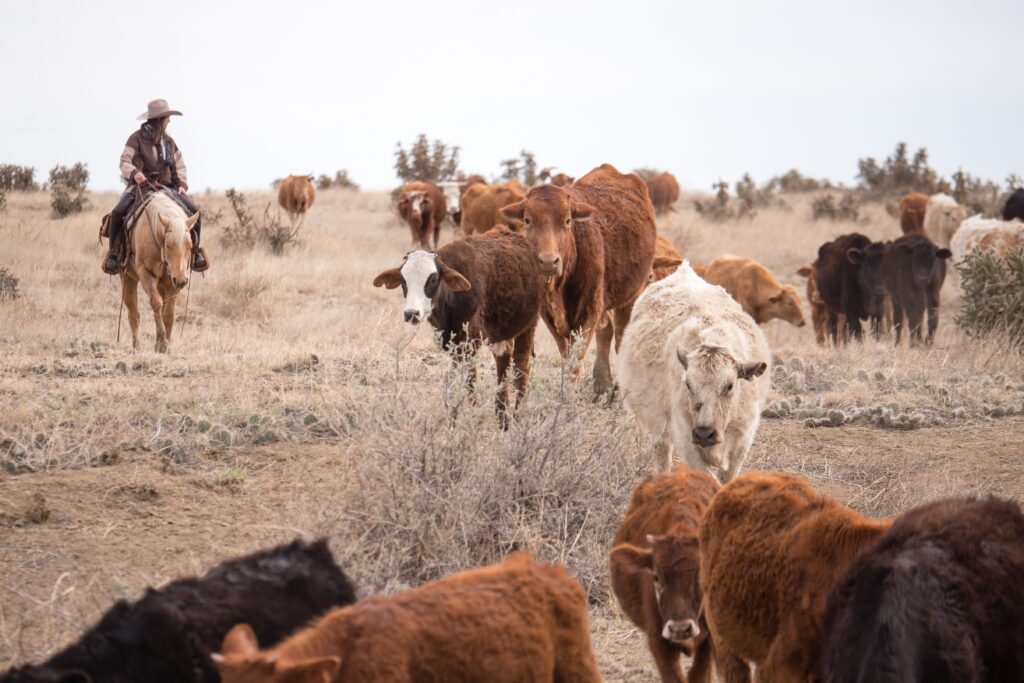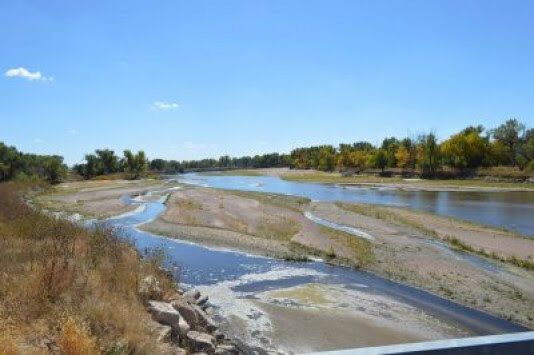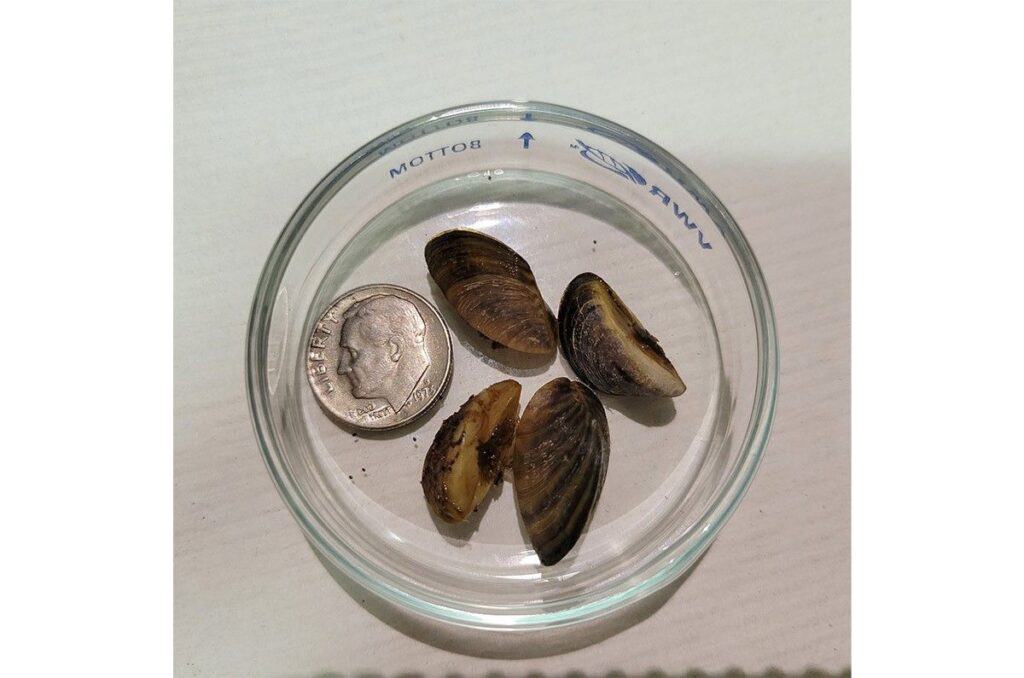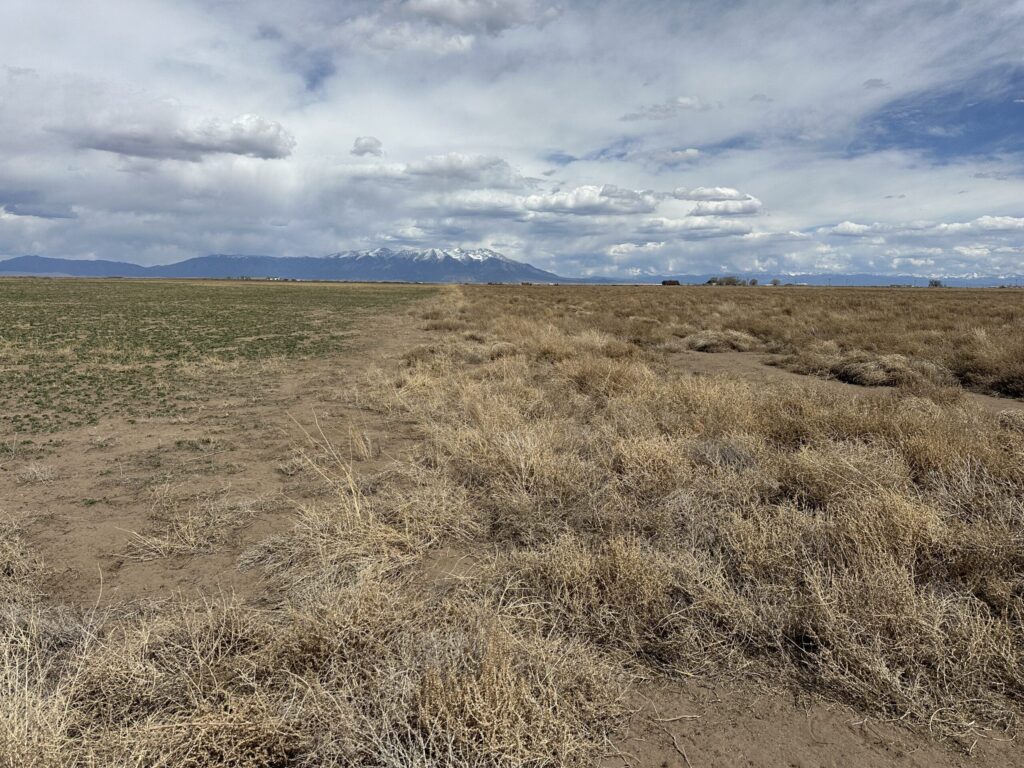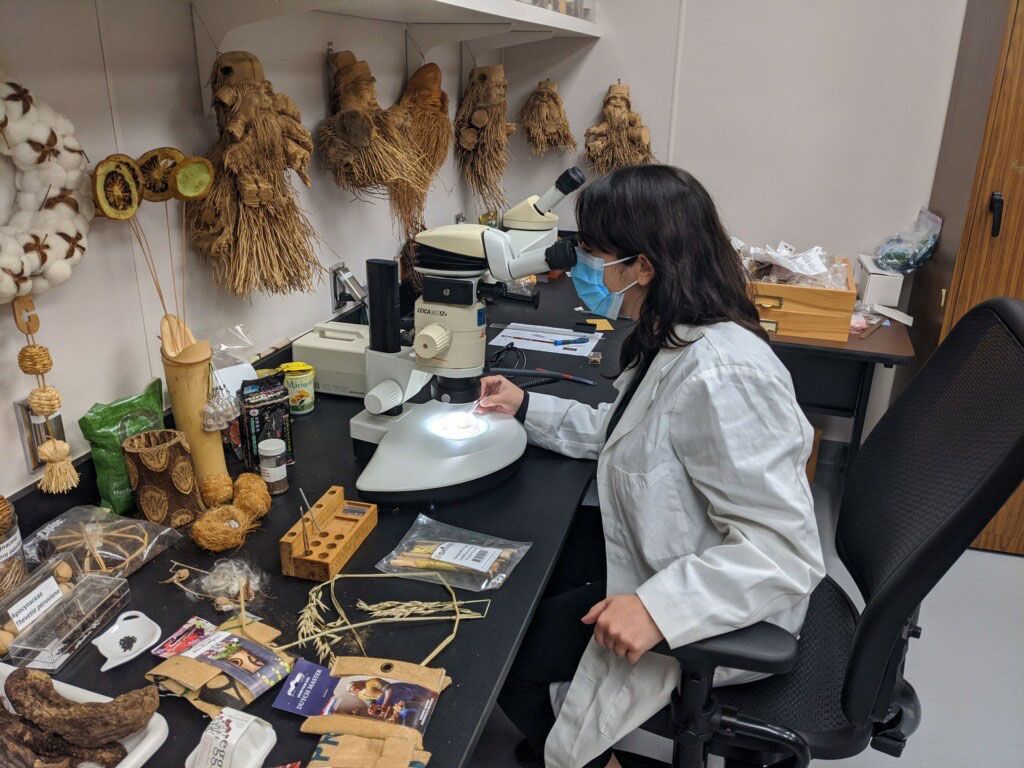Washington says ‘no’ to sending wolves to Colorado
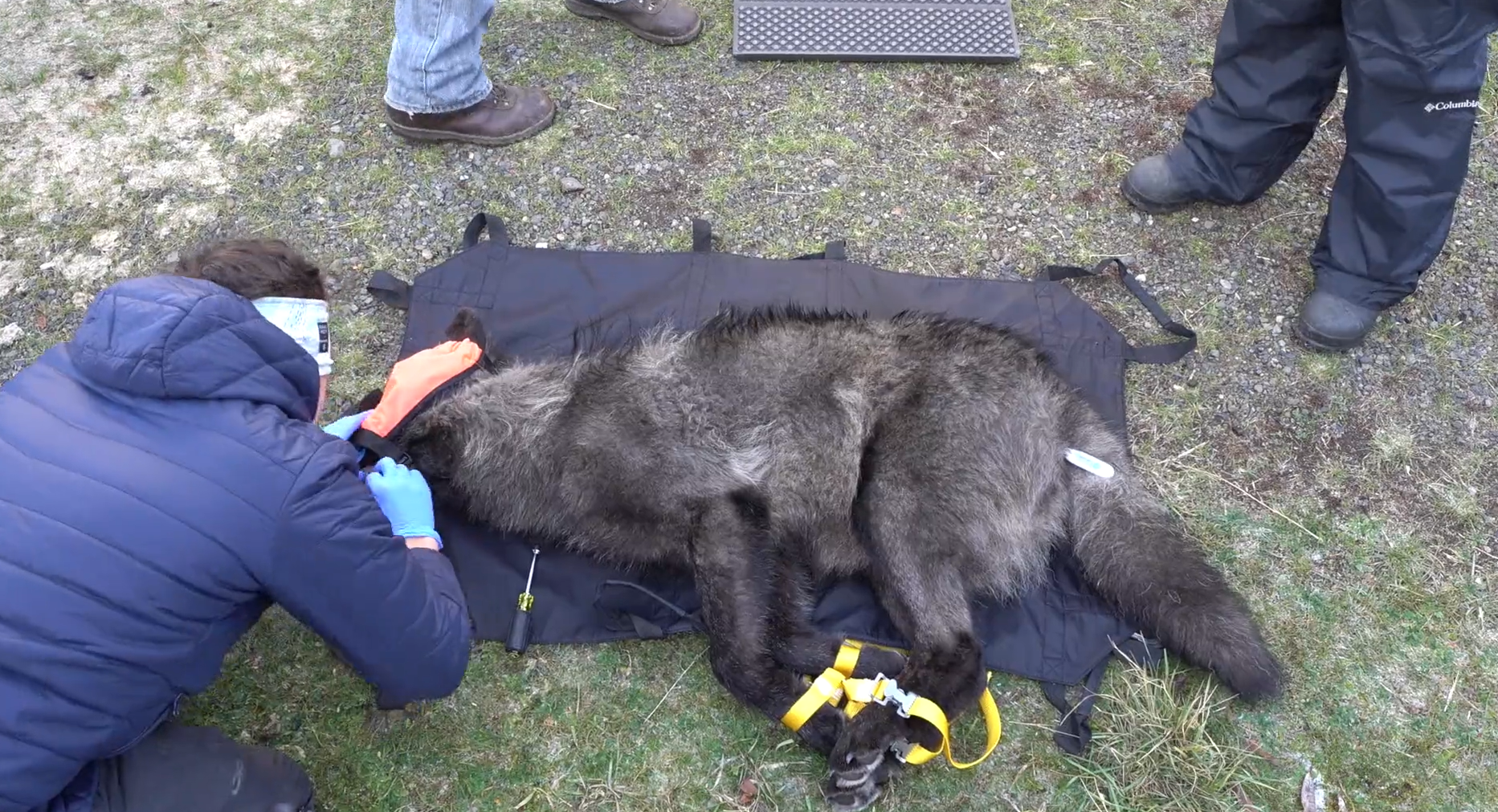
Washington’s Fish and Wildlife Commission on Saturday said “no, not now” to sending wolves to Colorado, after a hearing in which the state’s residents vigorously argued against it.
The commission voted 8-1 to send a letter to Colorado stating that it would not approve the request while Washington wolves remain listed as endangered. Should that status change to be delisted, the commission would reconsider a future request.
The public comment period on Saturday showed Washington residents did not support sending wolves to Colorado. Commissioners noted they have been hearing a lot of opposition to the idea even before the meeting.
One resident from Bothell, who called himself a nature lover and member of the pro-wolf Washington Wildlife First, said the state should “prioritize the welfare and recovery of our endangered species, especially wolves, before sending them elsewhere.” He noted the state’s wolf population is still endangered, and last year they saw a decline of about 25%, and that 70% of the wolves killed by the Department of Fish and Wildlife have been tied to livestock depredations.
“There’s only a one in four chance of long-term recovery” under the state’s current mortality rate for wolves, he said.
The public comment portion of the meeting showed much of the same divisions between ranchers and the pro-wolf community as exist in Colorado.
The Colorado plan was the result of ballot box biology and through people who were ill-informed on the subject, according to Tim Lennox. “It proved to be a disastrous implementation” because people weren’t informed about the ramifications, and he noted that the mountain lion vote in 2024 failed because of how poorly wolf management has gone in Colorado.
He also suggested that Washington should send Colorado some of its problem wolves.
That would violate the state wolf plan recommendations, and taking problem wolves is precisely what happened in 2023 with some of the wolves that came from Oregon. The Oregon wolves were relocated to Colorado despite having histories of livestock depredation.
Current Colorado GOP gubernatorial candidate Greg Lopez also spoke during the public comment period, telling the commission that the survival rate for gray wolves in Colorado is “alarmingly low. It’s not something anyone should be proud of.”
Based on the history of deaths for the wolves brought from Oregon and British Columbia, Lopez said if 15 wolves were brought to Colorado from Washington, five of them, at a minimum, would be expected to die.
“It is in effect a death sentence for wolves who have shown no misbehavior and committed no offense…” Lopez added.
He noted that he’s asked Colorado Parks and Wildlife, as have many other groups, to pause the relocations until they address the mortality rate. Keep the wolves where their odds of survival are far higher than anything Colorado can offer right now, Lopez said.
Two Colorado women who comment frequently on the wolf program at Colorado Parks and Wildlife meetings also spoke. Delia Malone, co-founder of the wolf advocacy group Colorado Wild, and whose partner is a newly-appointed CPW commissioner and Colorado Wild’s treasurer, said “most Coloradans want a restored population.”
That’s even though the 2020 ballot measure Proposition 114 passed with a 50.91% approval, almost entirely from Front Range voters, to 49.09% disapproval, and the ballot measure lost in 51 out of 64 counties, including in all but four Western Slope counties.
“Washington wolves would find a good home in Colorado,” Malone said.
Rhonda Dern, who was charged in 2024 with illegal lobbying in favor of wolves at the state Capitol, lied to the commission in telling them that “the majority of Coloradans voted for wolf reintroduction in every county of Colorado.”
The complaint against Dern was dismissed, although a colleague, Stephen Capra, was found to have violated the state’s lobbying laws.
Out of the 12 wolves that have died in Colorado, two were yearling wolves from the Copper Creek pack, and people have killed four. Colorado needs genetic diversity because “right now we have only a handful of wolves, and that is like mating with your brother or sister,” she added.
At least three ranchers from Gunnison County also signed up to testify, but the public comment period was closed before they had a chance. Gunnison County rancher and former state Rep. Kathleen Curry was next in line when they closed the public comment, she told Colorado Politics.
CPW Director Jeff Davis pleaded with the commission to approve the request.
Colorado turned to Washington state after the head of the U.S. Fish & Wildlife Service, Brian Nesvik, said Colorado could not get any more wolves from British Columbia, and that the 10(j) rule meant they could only source wolves from Idaho, Montana, Wyoming, Washington, Utah, and Oregon.
Washington’s Confederated Tribes of the Colville Nation had an agreement in 2024 to send wolves to Colorado. But they rescinded it due to concerns that CPW had not done its due diligence with the Southern Ute tribe. The Southern Ute tribe favors the Mexican wolf and does not want to see the species intermingling on the reservation lands under the Brunot Treaty in Colorado.
CPW and the Southern Utes did sign a memorandum of understanding in December 2024, clarifying that the tribe would be eligible for compensation for any livestock killed by gray wolves.
A spokesman for the Colville Tribes told Colorado Politics last week they are still not willing to send wolves to Colorado from tribal lands anytime soon.
Davis spent more than 20 years in the Washington Department of Fish and Wildlife before coming to Colorado in May 2023.
Appearing remotely, he told the commission that gray wolves evoke strong emotions. When emotions are high, it can be difficult to see the unintended consequences. “States support each other on a regular basis in recovery efforts and source animals,” including the grouse, pronghorn and bison, Davis said.
Political interventions, a nod to the U.S. Fish and Wildlife letter, “make it challenging” for agencies and commissions to support the wolf recovery.
”You’ve heard the Colorado wolf program is failing. You’ve heard statements about how Colorado is shooting their wolves,” Davis told the commission “We have lethally removed one individual wolf over the first two years of the relocation efforts.”
CPW has killed two wolves, one in May in Pitkin County and another in September in Rio Blanco County, both yearlings from the Copper Creek pack. Three more died in Wyoming. Six of the 15 wolves from British Columbia have died since coming to Colorado in January; that includes one that died in southwestern Colorado last week.
Davis said they’re trying to relocate 30 to 50 wolves in three to five years, “critical to forming a solid foundational population and ensuring adequate genetics.”
Davis pointed out that there are four breeding pairs and successful reproduction this year. He also said support for the wolf program has grown since the vote, though he did not cite any evidence.
Adding another year of relocations “will be critical to get us over the minimum number of wolves our plan calls for and increase the likelihood of breeding pairs to put us on the trajectory that our state law requires and support recovery in the Southern Rocky Mountains,” Davis said.
He also said the first two releases were in areas with abundant elk populations. He didn’t mention the dozens of livestock killed by the wolves in Grand, Jackson, Pitkin, Eagle and other counties on the Western Slope. Or that the program has cost the state nearly five times the estimated cost in 2020.
Washington commissioners, however, appeared to take a dim view of the request.
Commissioner Lorna Smith said translocations are very hard on the animals. While she’d love to see wolves recovered across the Rocky Mountains, including Colorado, Washington cannot help, especially given that the wolf population in has gone down for the first time last year.
“I certainly heard loud and clear” from both sides that this isn’t the time for Washington to support this, Smith said.
Commissioner Barbara Baker added that this is not the right way to go. She noted they’ve had no input from the scientific community on the request and that the commission needs more information before making a decision.
Commissioner Steve Parker cited a “beautiful level of consensus across the spectrum of our stakeholders, that there’s no support for translocating Washington wolves to Colorado.”
It isn’t good policy to remove 15 wolves from an endangered species population, added Commission Vice-Chair John Lehmkuhl. He said he did not believe the wolves should be listed as endangered, and that the state’s wolf population is robust enough that they could send wolves to Colorado.
But based on their endangered species status, he recommended the commission not pursue the request.
Commissioner Molly Linville added that she represents the wildlife in the state of Washington, “and I haven’t heard any support.” She also said the timeline for Colorado to obtain wolves is too short for any well-orchestrated project.
The timing issue also resonated with Commissioner Melanie Rowland, who added that she wanted to see the wolf program successful in Washington before moving the wolves to another state. She said she would vote “no, not now.”
Commission Chair James Anderson noted there was not a “critical mass consensus” to proceed, and said the request from Colorado, which Gov. Jared Polis sent at the end of October, didn’t give them much time to work on it.
After the vote, Curry told Colorado Politics that she, Mike Cerveny and Brad Day were in the queue when the public comments were cut off. Cerveny and Day have lost seven livestock to wolves in Pitkin County this year.
“We are very grateful that the commission did not agree to Colorado’s request. We understand they face their own challenges in Washington, and the commission put those first,” Curry said.
Gunnison County is likely the following location for wolves, although the wolves released in Pitkin County have not only already made their way to Gunnison County but killed a calf in May, according to CPW.



